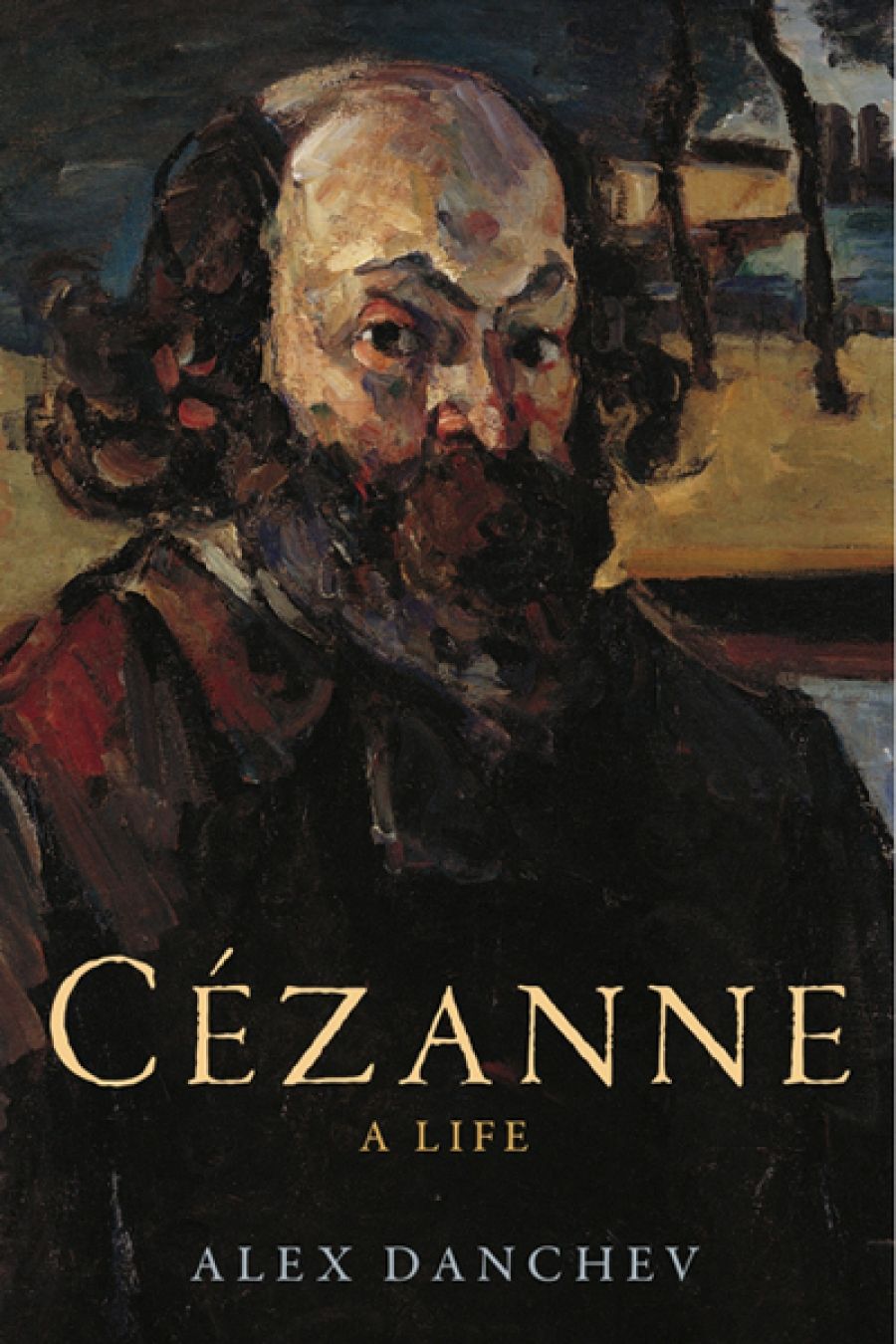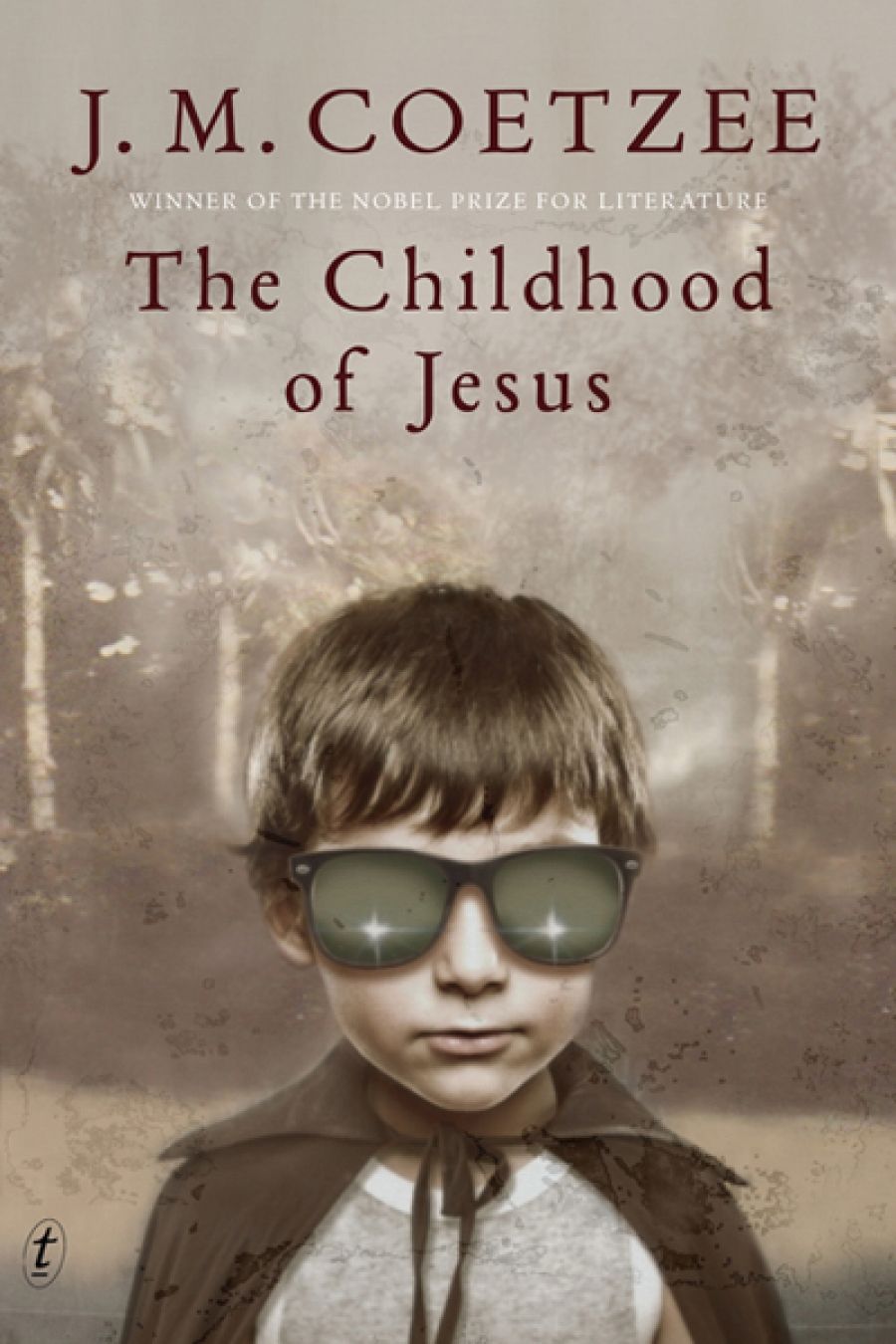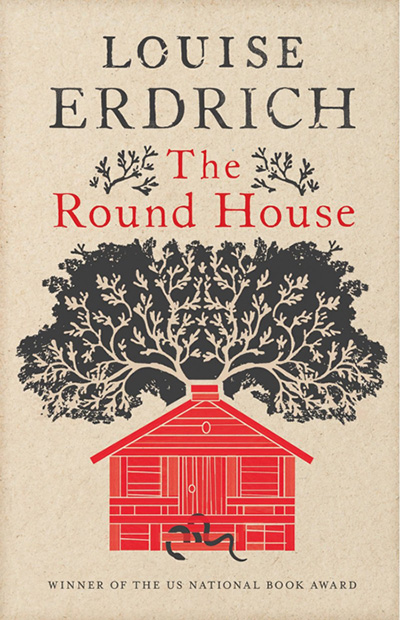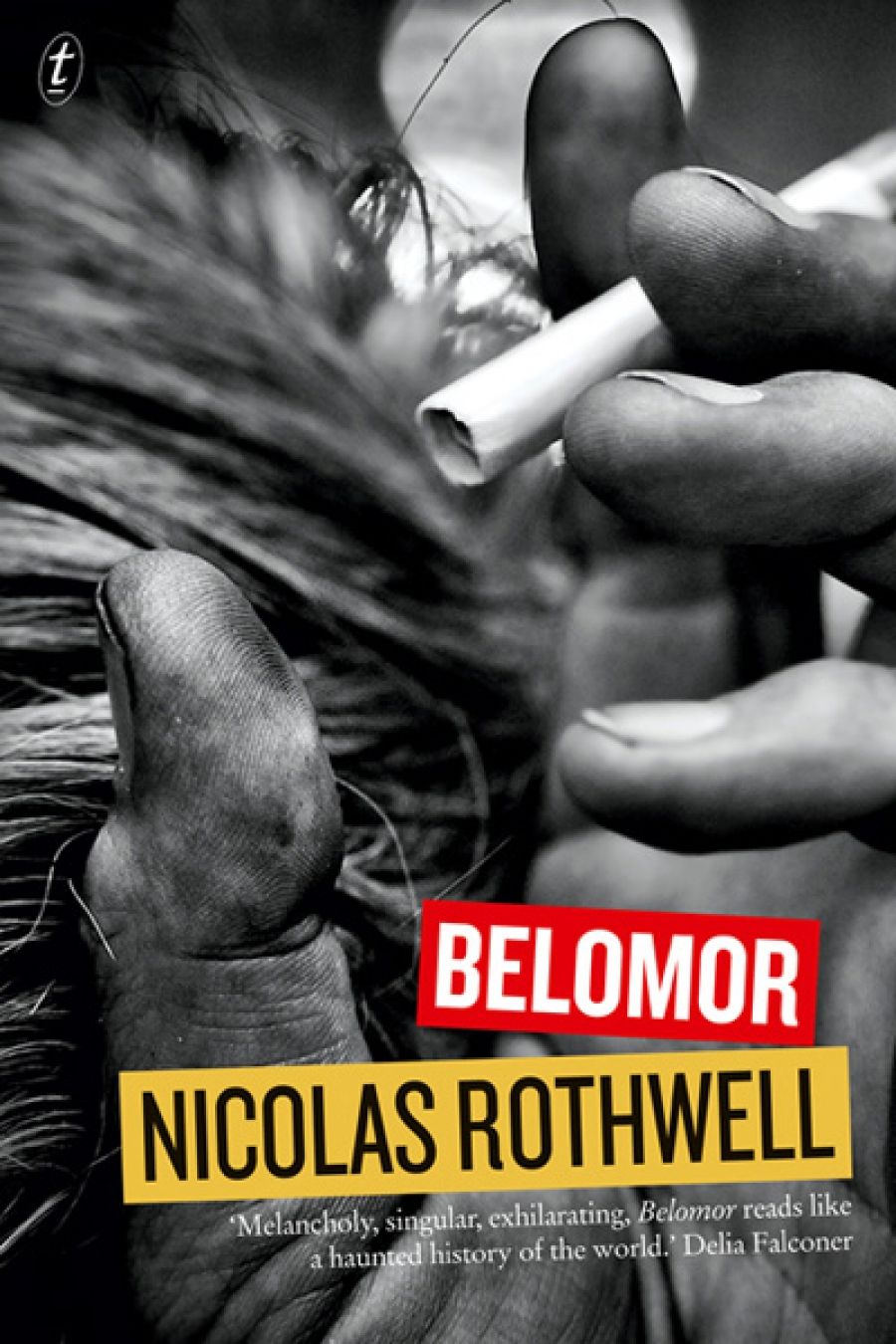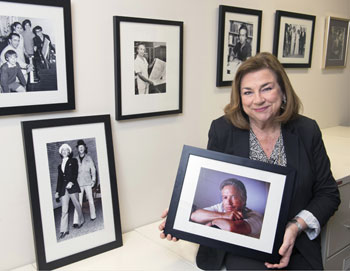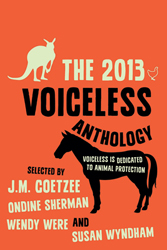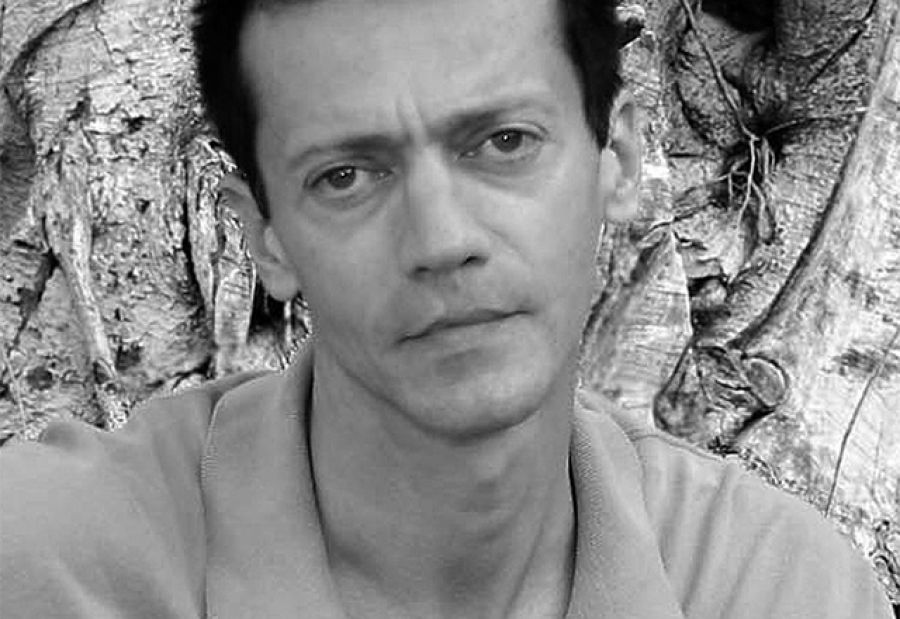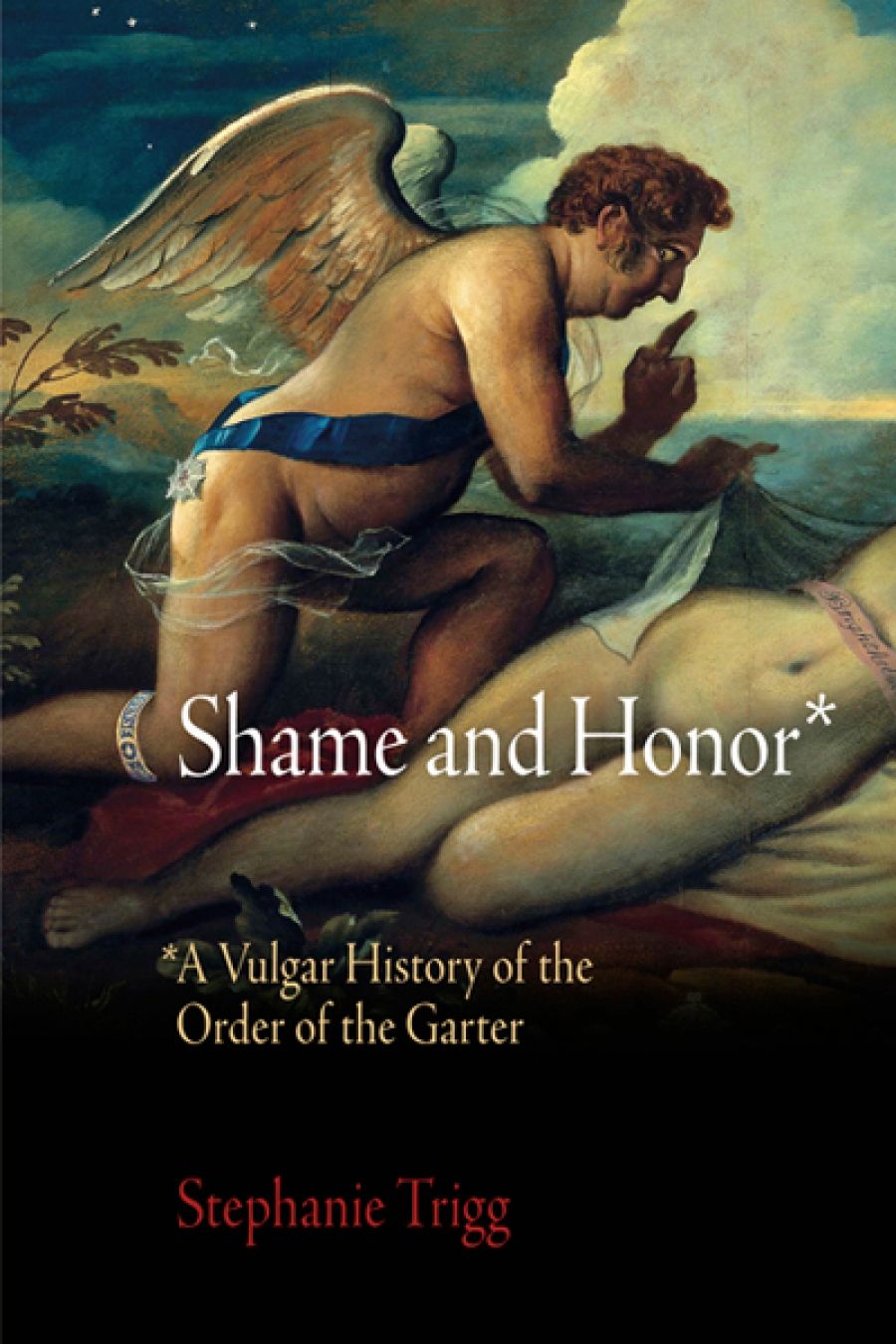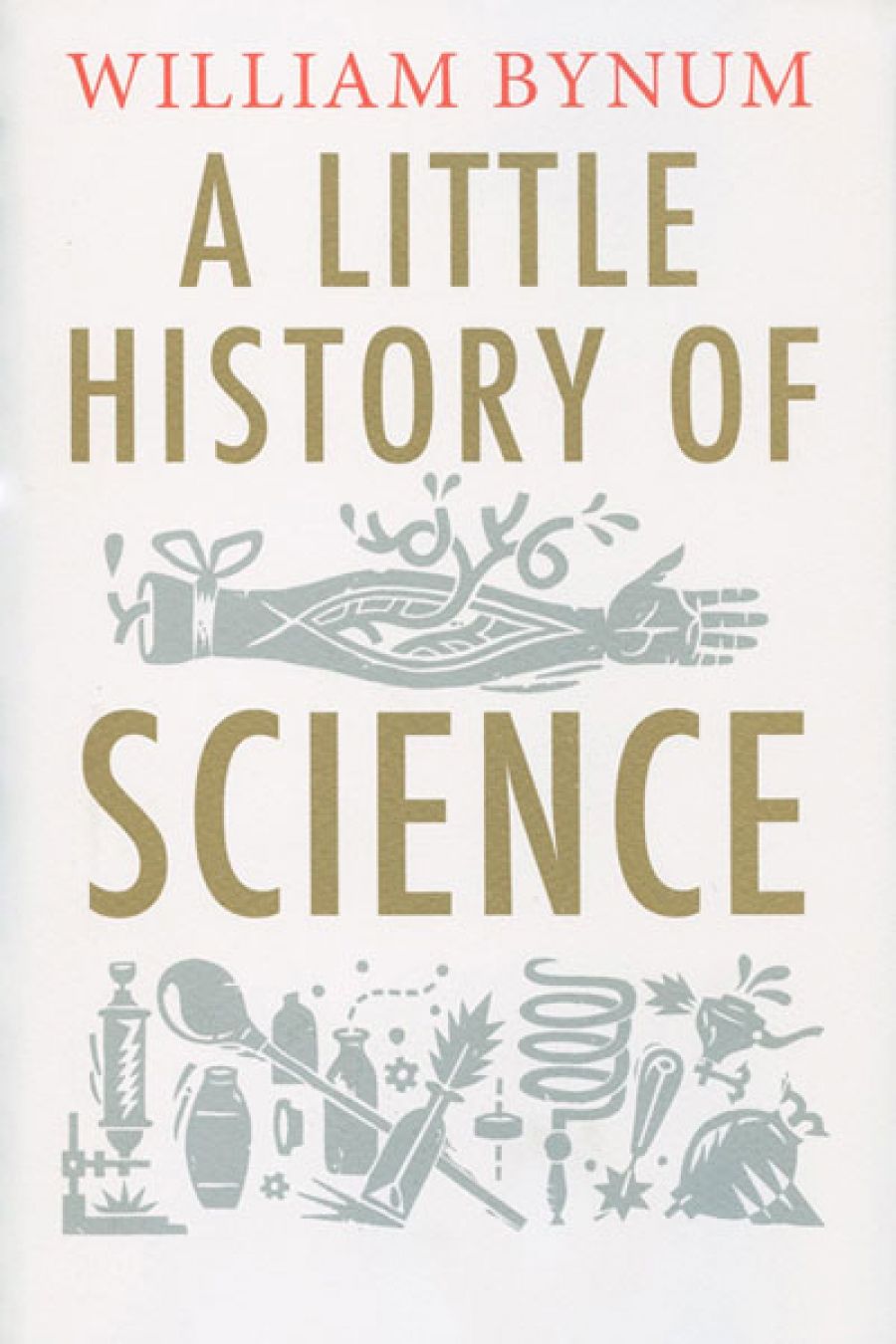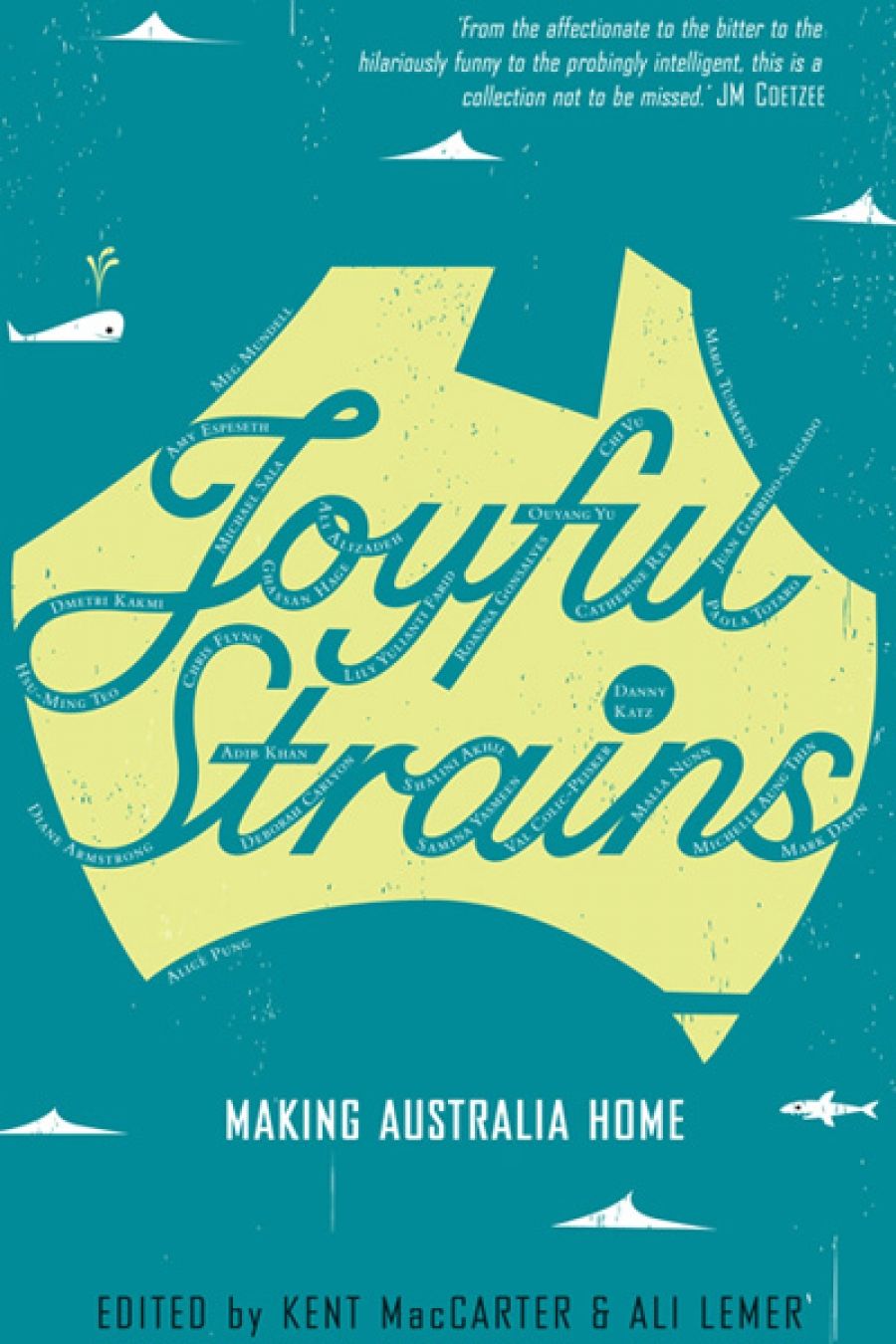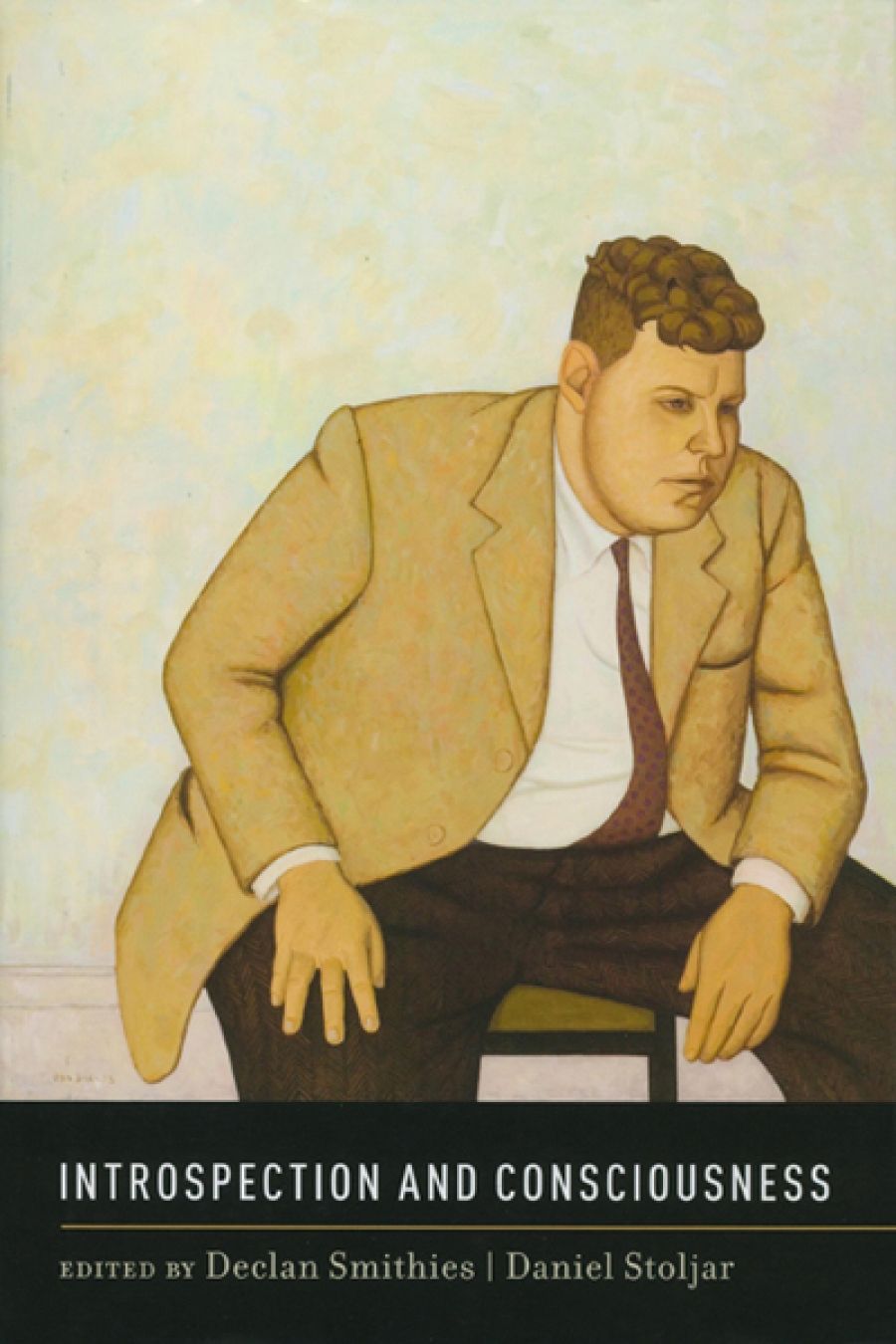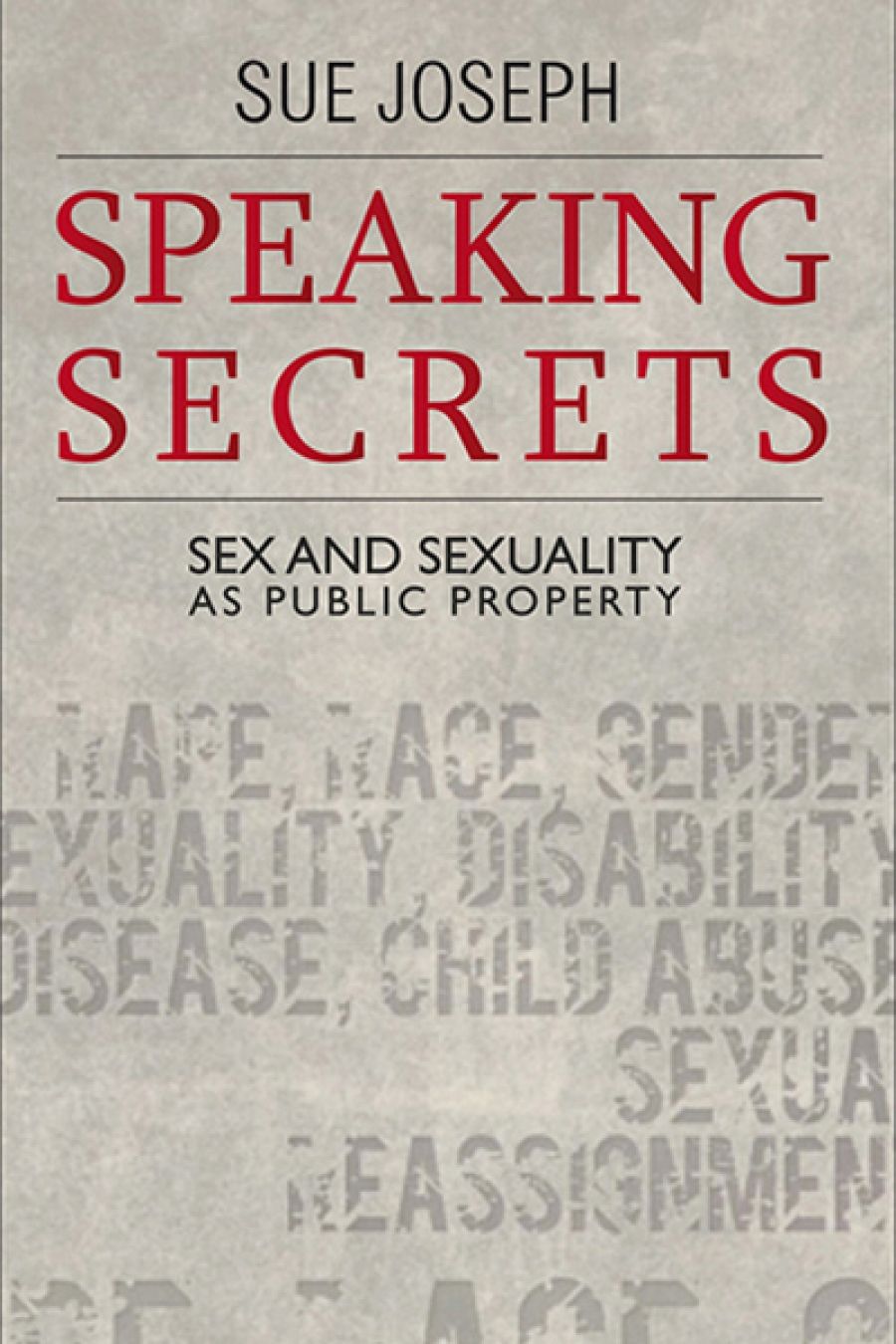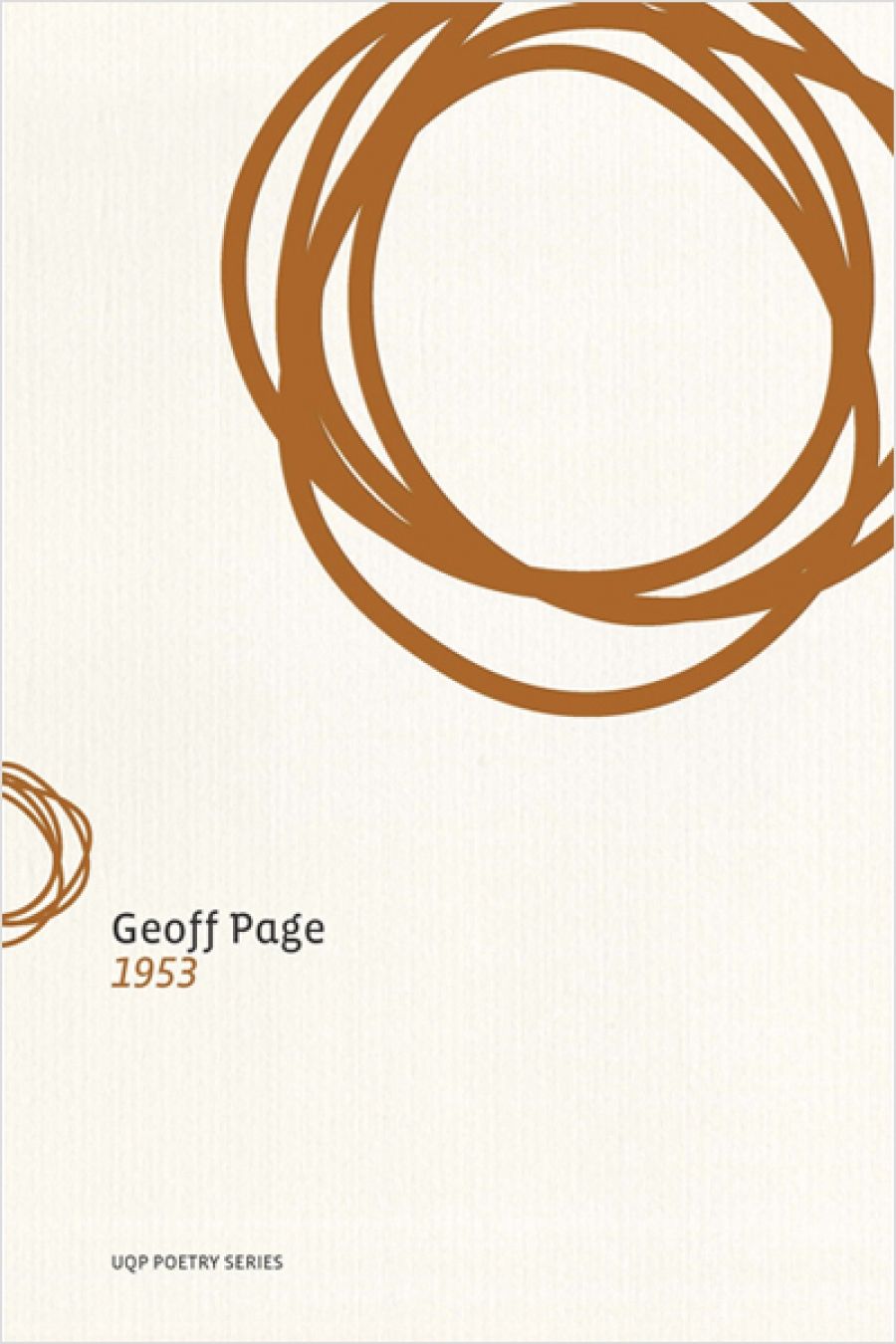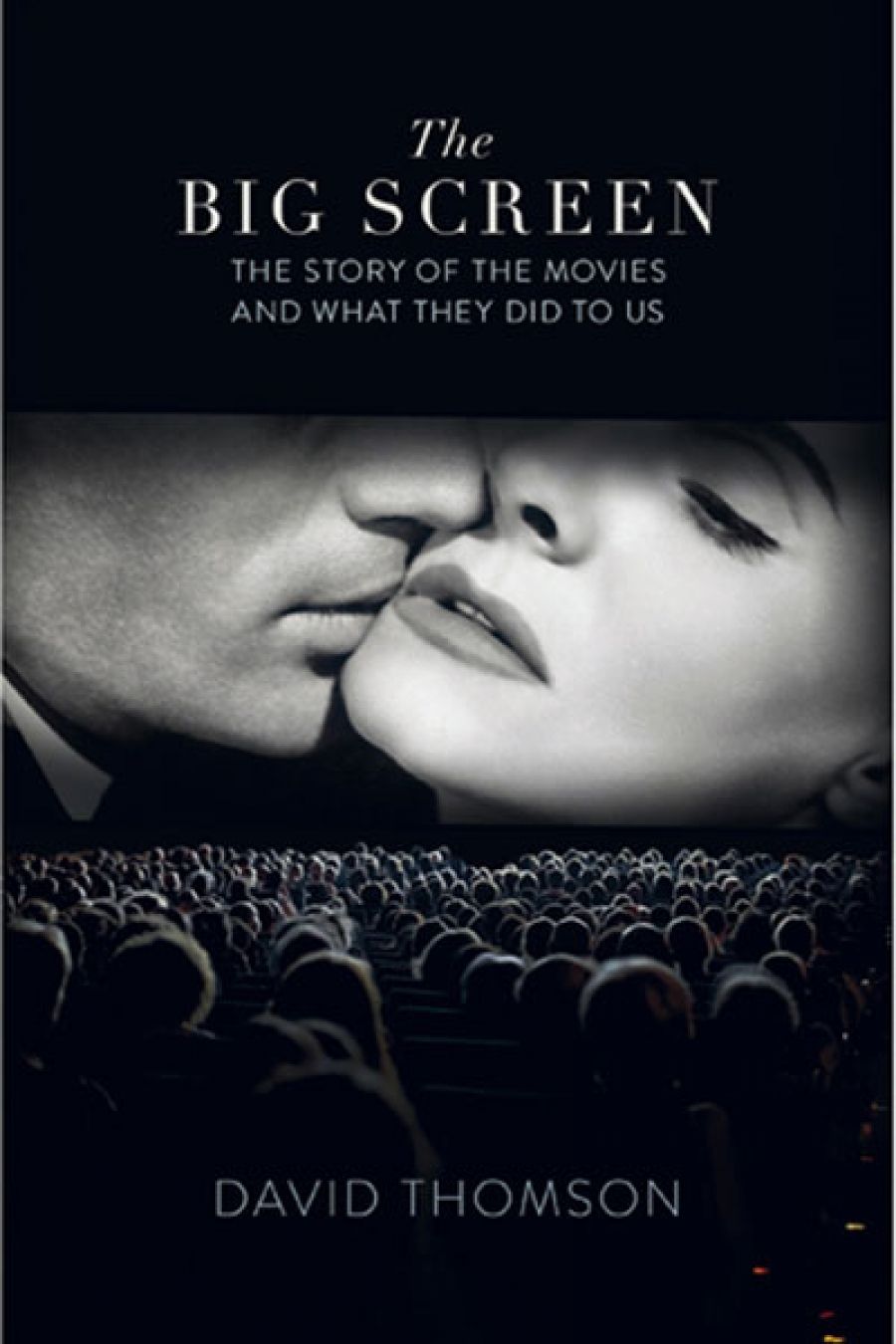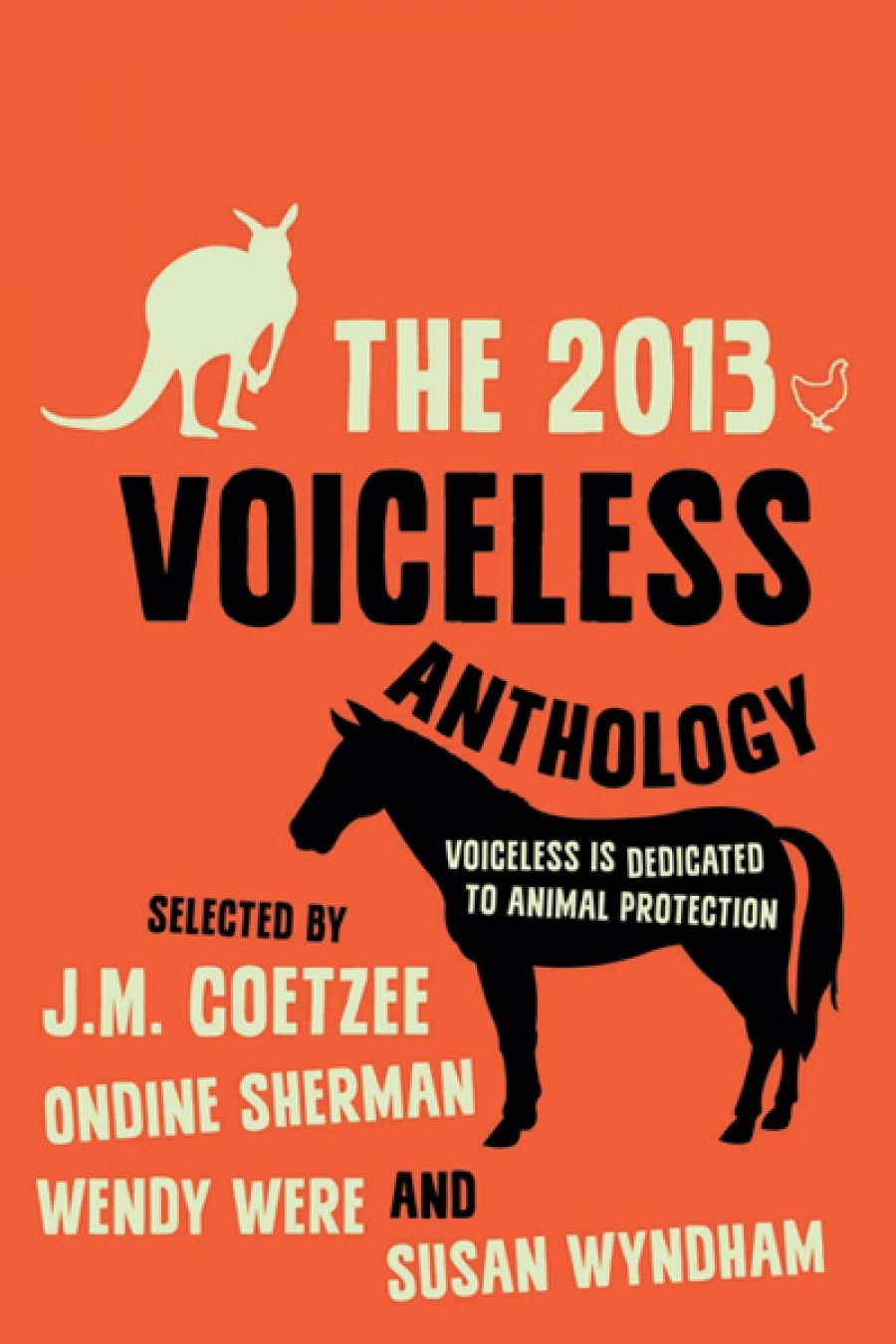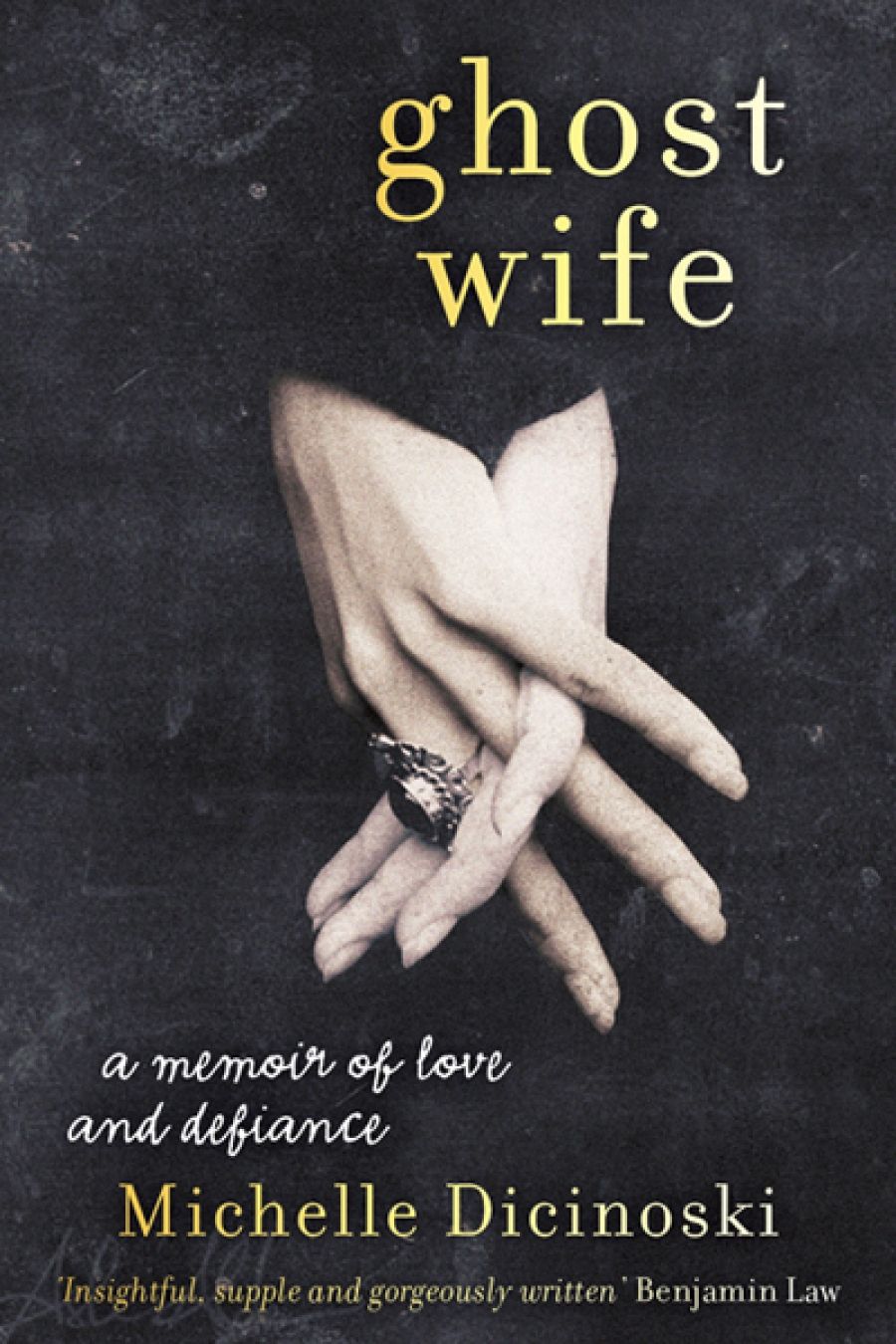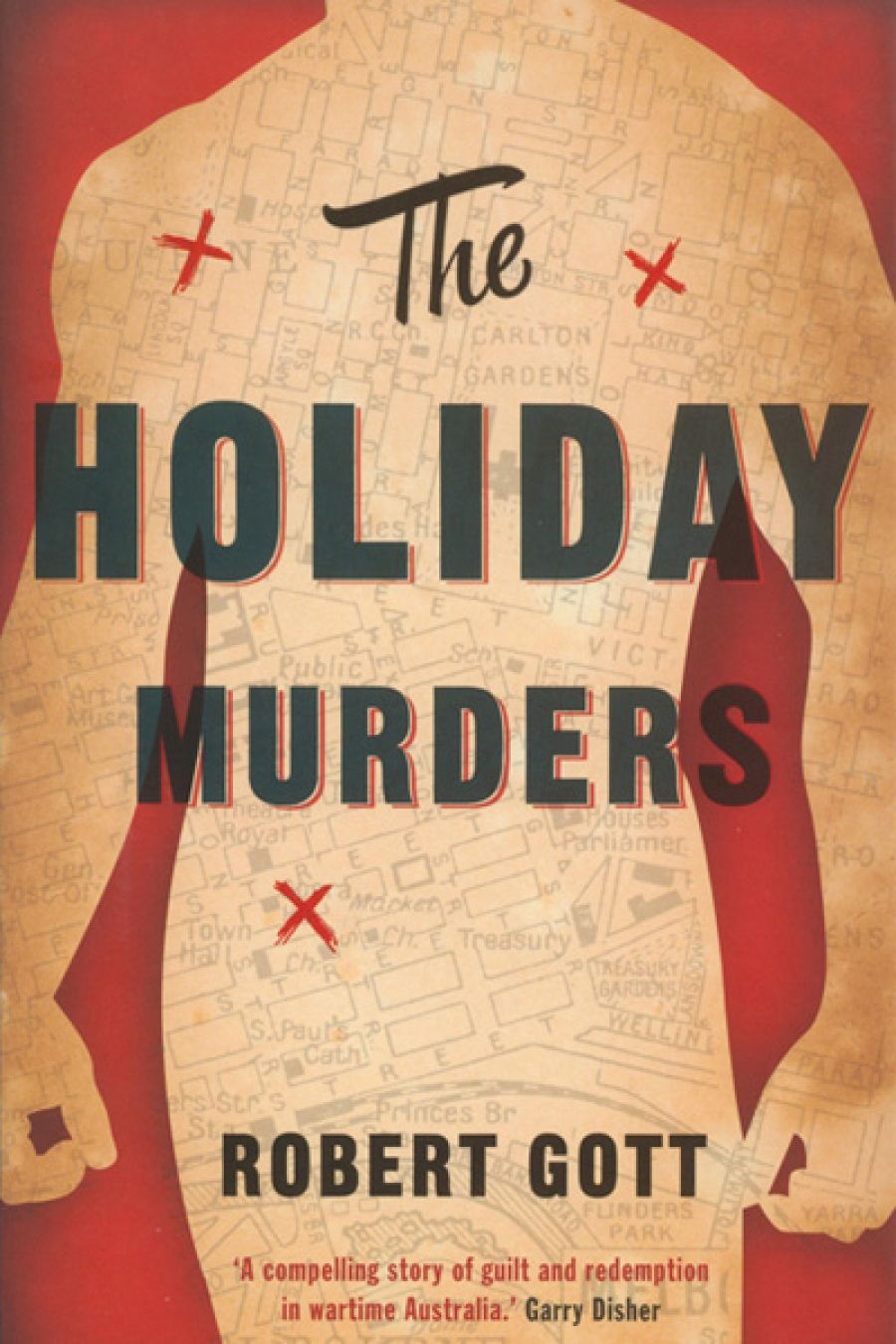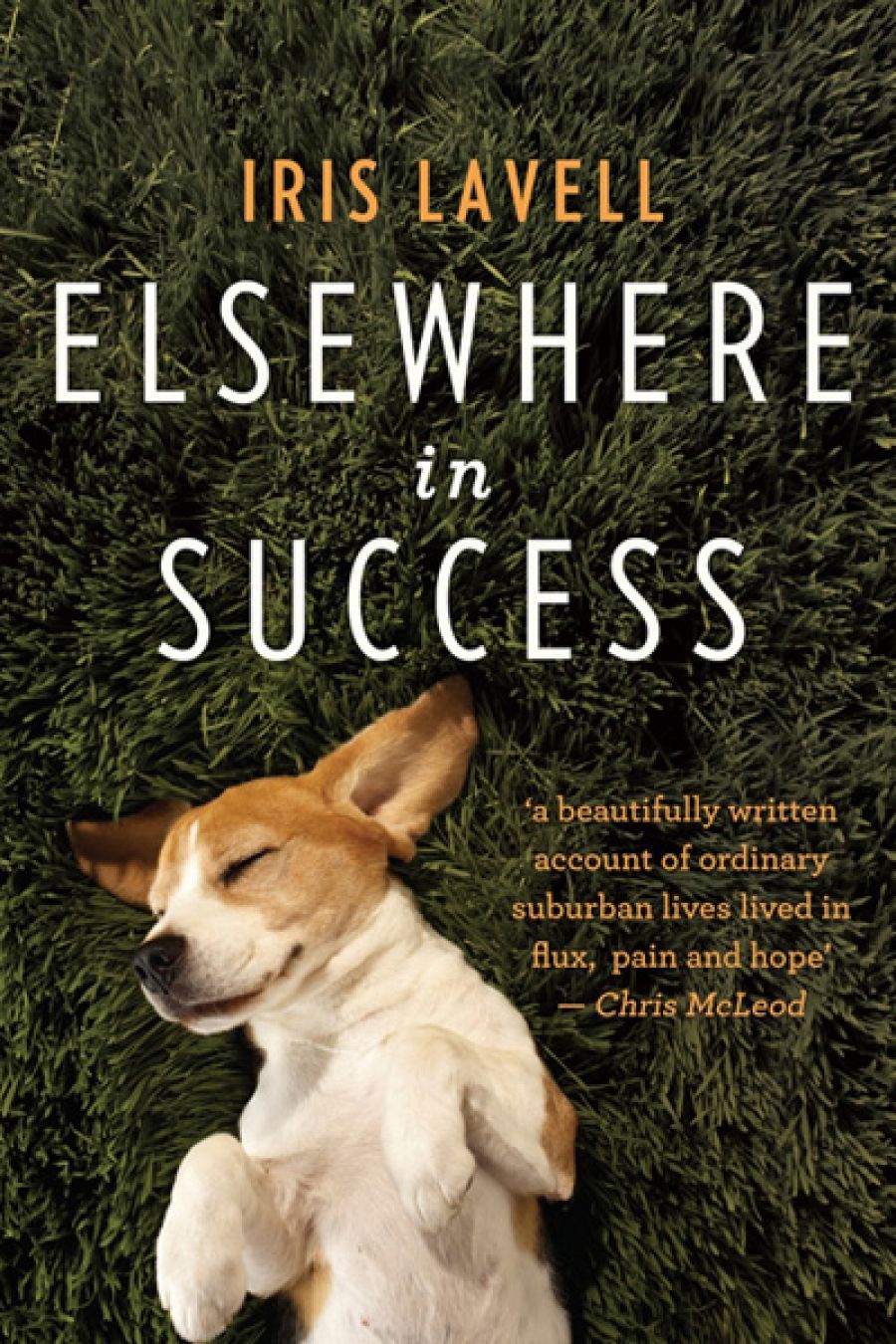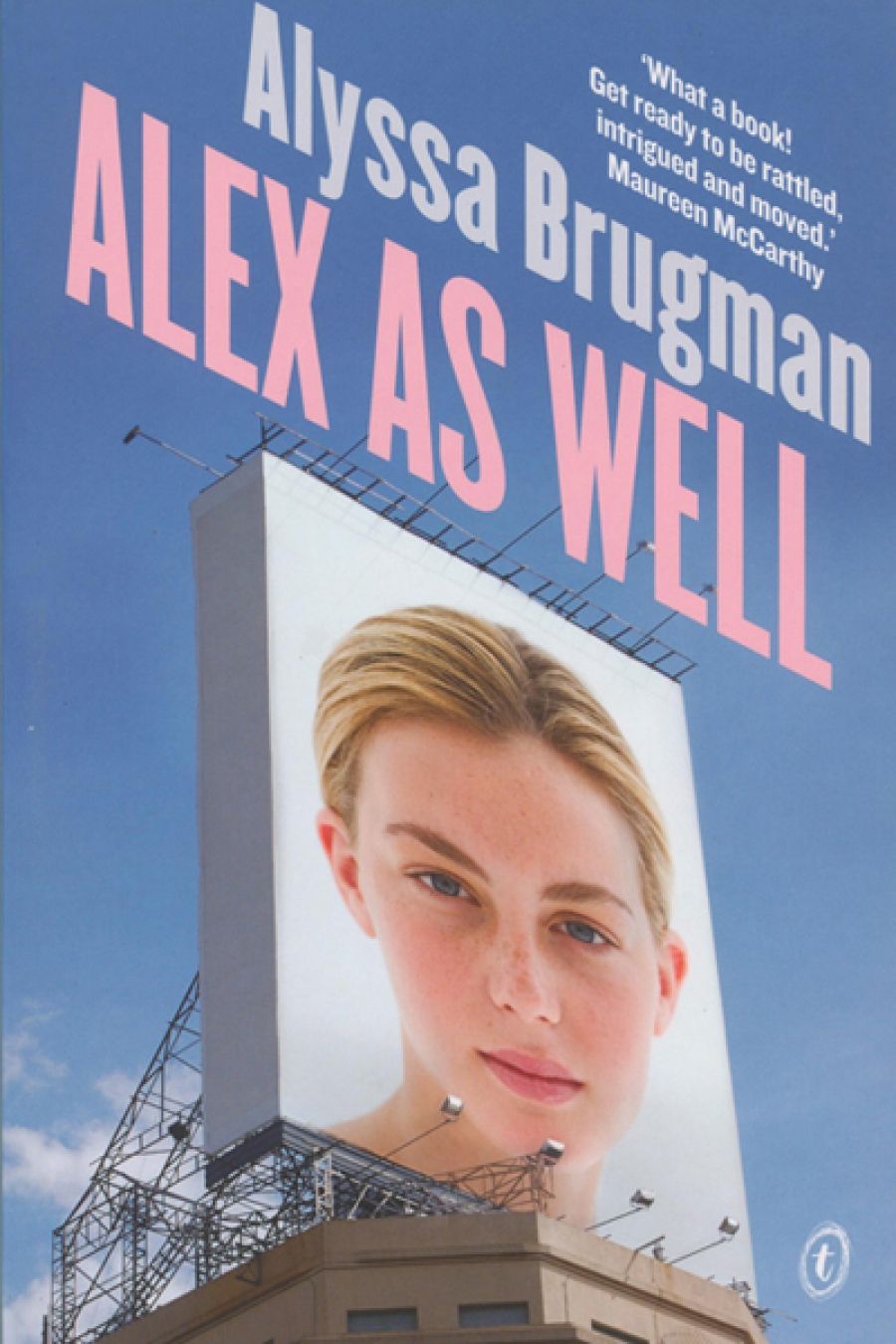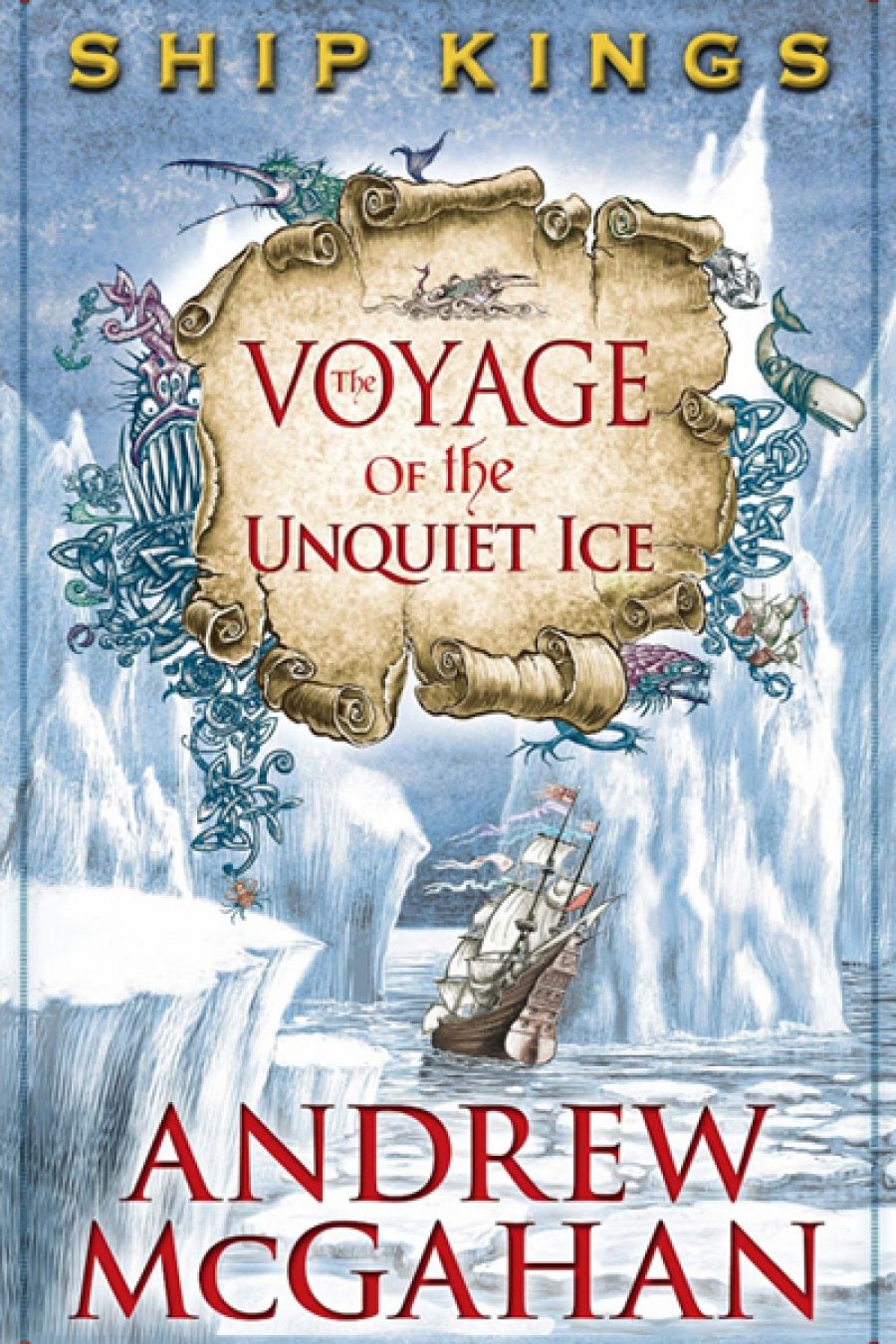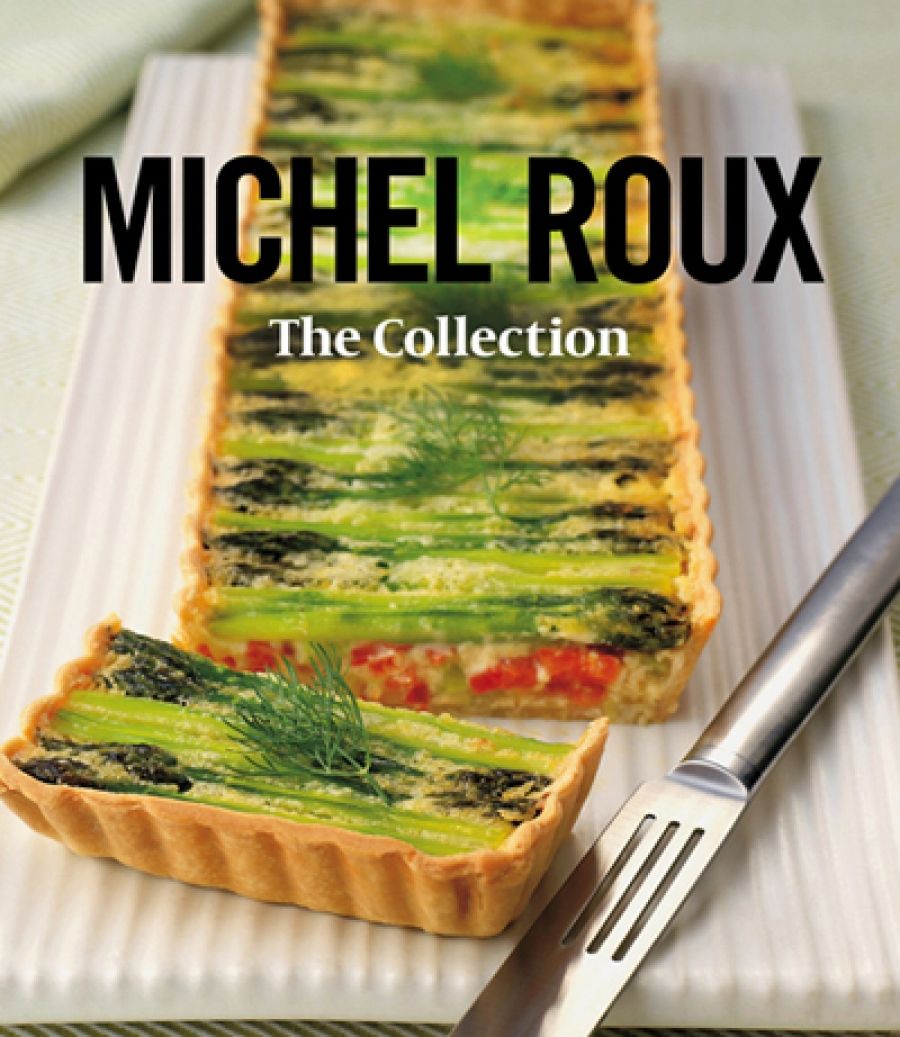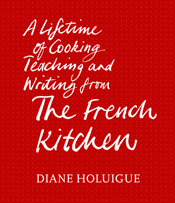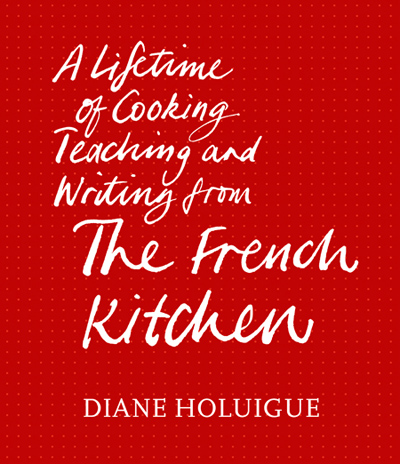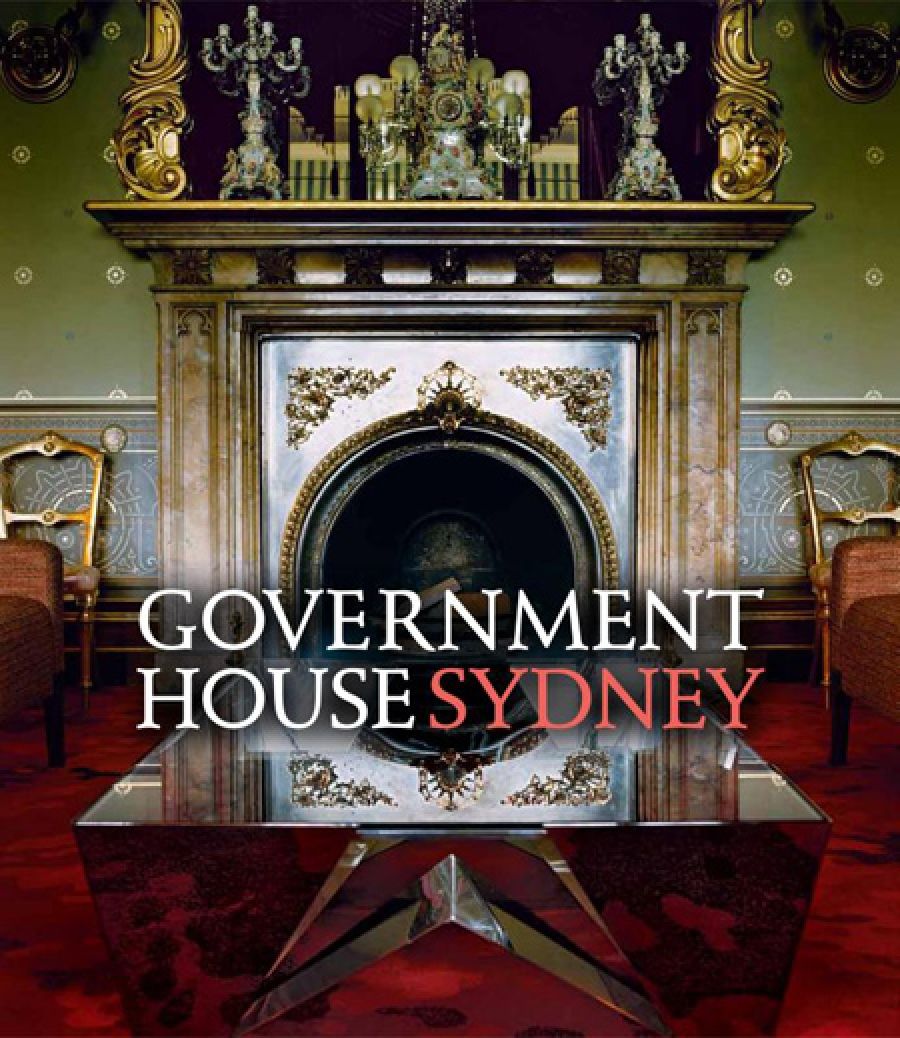‘What is chaos?’ asks the unnerving child at the centre of J.M. Coetzee’s new parable-novel, The Childhood of Jesus. ‘I told you the other day,’ replies the child’s guardian. ‘Chaos is when there is no order, no laws to hold on to. Chaos is just things whirling around.’
Louise Erdrich’s The Round House begins with a lyrical intimation of chaos, of nature whirling, malevolently. ‘Small trees had attacked my parents’ house at the foundation,’ writes Joe Coutts, the novel’s narrator-in-retrospect. Ash shoots, elm, maple, box elder, and catalpa have burrowed into the fabric of the North Dakota home, rendering it vulnerable. To Joe, even at thirteen, ‘it seemed increasingly important … that each one of these invaders be removed down to the very tip of the root, where all the vital growth was concentrated’. While Joe is prising out these vegetable invaders, a white man has raped Joe’s mother, Geraldine, somewhere on the reservation, in a place sacred to their Ojibwe people.
As writers, Coetzee and Erdrich could hardly be more different, out of different worlds, different crucibles – white South Africa and Native America. In style they are distinct – Coetzee so spare, allusive (and elusive), Erdrich discursive, seemingly straightforward. But both use their diverse fictional forms to shape experience – some of it their own – into profound, often devastating interrogations of human behaviour and moral understanding. They have irony in common and wit to spare – the latter often robust in its earthiness. The authors offer no easy truths and little consolation, and yet they nourish. It was sheer accident that I came to read them in tandem, but the exercise was bracing and illuminating. As writers they complement one another – ground bass to melody – alternating parts. And like the lawyer–writer Bernhard Schlink (notably in The Reader, his famously controversial 1995 novel about guilt and the Holocaust), they confront the Janus face of the law as we humans devise it: to create order and to liberate, but also to bind and confound.
The Childhood of Jesus announces its scope with its provocative title. The work, freighted with scriptural reference, is tantalising in its layers of meaning, its oblique references. The child is called David (Jesus, son of?). When we meet him, at the gate of a resettlement place called Novilla, he is in the care of a man named Simón, his accidental guardian. Together they have come from a camp, Belstar. Man and boy are refugees, human jetsam, subject to all the indignities we routinely inflict on people who are displaced. Simón and David struggle with the language (Spanish). They have no food, no shelter. When they go to the building nominated by an official, the key to their allotted room can’t be found. Simón asks, ‘“Do you not have a – what do you call it? – a llave universal to open our room?” “Llave maestra” the woman corrects. “There is no such thing as a llave universal. If we had a llave universal all our troubles would be over.’”
There is no universal key to unlock the mysteries of Coetzee’s narrative. One wouldn’t expect there to be from this most contained, enamelled, concrete, and surreal of writers. So one reads on, beguiled by the vivid moment, things that are what they are – a day’s work, a shared meal, a child’s delighted reading of Don Quixote – while simultaneously puzzling over the infinite regresses of meaning and reference, over what words, names, relationships betoken, in this work and throughout Coetzee’s fiction and autobiographical oeuvre. This is both new ground and echo chamber.
In The Childhood of Jesus, troubles are never over. When Simón selects Inés, a woman he has seen only once, to become David’s devoted mother, the ‘family’ does not settle into a loving union. Inés is suffocatingly protective. David – who she insists is exceptional, – is unreceptive. ‘I haven’t got a mother and I haven’t got a father. I just am,’ he declares. On the blackboard of the school he hates, before a teacher he loftily disregards, he writes ‘I am the truth.’ At other times he is a mere needy child. He ‘whines’, or asks a litany of questions that disconcert his protector Simón.
Simón, endlessly patient, wryly philosophical, is the reflective soul of the narrative, its fallible moral sounding board – and the flesh-and-blood human who engages one’s sympathy throughout. In the bland (brave?) new world he has entered with the child, he is the one character with a past. Challenged to adapt, he counters that he is not nostalgic; he clings not to memories but ‘the feel of residence in a body with a past, a body soaked in its past’. In the present, Simón drives that body to provide a subsistence for the child, and later the mother. We feel the hammer of his heart as he toils each day as a stevedore, the strain as he hoists sack after sack of grain onto his back and staggers up a gangplank. He is ‘starved of beauty’. Lectured by Eugenio, one of his oddly theoretical fellow labourers, about sexual urges and the folly of accepting the inferior copy of the ideal, he ‘tries to imagine Eugenio, this earnest young man with his owlish glasses, in the arms of an inferior copy’. Such small explosions of irony, when they come, are as welcome as rain on bush litter. The many-faceted Coetzee is never predictable, perhaps even to himself. The Childhood of Jesus is a profound meditation on one of the moral blights of our times, the treatment of refugees. But Coetzee has never been a polemicist, and this work does not preach. Rather, it instantiates. It also plays – with ideas, with symbols, with reverberations from Coetzee’s earlier writing – and it intrigues, leaving the reader forever guessing.
Louise Erdrich also mines her territory. Some of The Round House’s Ojibwe characters have appeared before, in her award-winning novel, The Plague of Doves (2008). Judge Antone Bazil Coutts reappears here, husband to Geraldine, the woman who fails to return home in the usual way on the day that father and son are rooting out the invading trees. And Mooshum, the irrepressibly sexual grandfather, reappears to tell Joe tribal tales of the origins of evil, of the spirit, the ‘wiindigoo’ that can possess people, and make them treat fellow humans as prey.
 Louise ErdrichGeraldine Coutts, like her judge husband, is a tribal official, an enrolment officer, and head of a department. She might work on a Sunday, but her rhythms are familial, predictable. In the intimacy of this close family and in the tissue of the interconnected tribe, the woman is pivotal. ‘Mom would have returned by now to start dinner. We both knew that,’ writes Joe. ‘Women don’t realize how much store men set on the regularity of their habits. We absorb their comings and goings into our bodies, their rhythms into our bones. Our pulse is set to theirs.’ When Geraldine Coutts does not appear, ‘her absence stopped time’.
Louise ErdrichGeraldine Coutts, like her judge husband, is a tribal official, an enrolment officer, and head of a department. She might work on a Sunday, but her rhythms are familial, predictable. In the intimacy of this close family and in the tissue of the interconnected tribe, the woman is pivotal. ‘Mom would have returned by now to start dinner. We both knew that,’ writes Joe. ‘Women don’t realize how much store men set on the regularity of their habits. We absorb their comings and goings into our bodies, their rhythms into our bones. Our pulse is set to theirs.’ When Geraldine Coutts does not appear, ‘her absence stopped time’.
The rape almost breaks the family. For a long time Geraldine Coutts withdraws, bodily and emotionally, into her room, leaving her men initially bewildered, then desperate in their pursuit of justice – or vengeance. Joe might be reading the law books in his father’s study, including ‘The Bible. Felix S. Cohen’s Handbook of Federal Indian Law’, but he also has recourse to other imperatives, to the laws implicit in his grandfather’s retelling of tribal myths.
But Erdrich’s novel is not a reform pamphlet. Issues emerge so naturally from the sprawl of her narrative that you scarcely see them coming before they are upon you, shocking in their consequences. Much of the novel is a boy’s story, told by the man, the legal prosecutor Joe becomes, but still with a boy’s freshness and naïve precocity. It is a Bildungsroman,with Huckleberry Finn and To Kill a Mockingbird the obvious antecedents. Joe and his close companions do what all boys do, and what Native American boys on a reservation do in particular. They ride, swim, boast, flirt, compete, and observe as their elders mingle, support, love, and betray one another. They experiment with alcohol and sex. They learn, imperfectly, sometimes too late. They absorb the norms and the aberrations of their own culture, and of the white culture, the white law that is always there, impinging, enticing. They belong to families that are complex, exemplary, and dysfunctional. They live in the late twentieth century (the novel opens in the summer of 1988). They embrace aspects of Christianity while being the inheritors of tribal history and custom. They ride old bikes and have race memories of buffalo.
Their women, as Joe records so movingly, are at the heart of their families, their society. Native women are also raped, in horrifying numbers – one in three according to Amnesty International figures, and eighty-six per cent of them by non-Native men. The tangle of jurisdictions means that many of the offenders are never prosecuted. But one learns all this only gradually as the novel unfolds. Erdrich has every great storyteller’s ability to lure one on, to embody the abstracts of justice and moral complexity in the everyday actions and motivations of men, women, and children.
These two works, so divergent in style and their ways of taking on the world, share a plangency that haunts one’s mind. Like the opening phrase of some Beethoven sonatas, they won’t leave one alone. Perhaps it is the immediacy of their language, their perfectly tuned dialogue that cuts into consciousness. Perhaps, in Coetzee, it is a restrained wisdom, and in Erdrich a related faithfulness to her characters, in all their knots and moral confusion. Or perhaps, in both of them, it is a goodness, to which they would not lay claim, finding profound expression in art.
